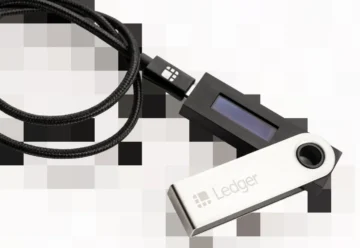Half of Germans Ready to Use Digital Euro

Around 50% of Germans are ready to use the digital euro, although most of them have never heard of it and don’t know what it is. Only 17% of Germans understand the central bank’s digital currency (CBDC).
Deutsche Bundesbank, Germany’s central bank, published the results of a survey conducted at its request by forsa in April 2024. A total of 2012 German residents participated in the survey. Among those surveyed, 50% expressed a willingness to use the digital euro as an additional payment method.
However, only 15% of respondents were confident they would use CBDC for daily transactions. Another 35% said this would probably happen, but they couldn’t be sure. At the same time, 49% of respondents said they wouldn’t use the digital currency with varying degrees of certainty. Only 1% of the Germans surveyed expressed an exact certainty of distrusting the technology.
On the other hand, the report also showed that 59% of those surveyed had never heard of the digital euro. At the same time, those who know something about CBDC failed to correctly define the technology’s essence. Thus, 16% consider CBDC a cryptocurrency, and almost 30% of Germans believe that the digital euro is designed to replace cash or that its introduction will lead to the abolition of cash. At the same time, only 17% of respondents defined CBDC as a digital currency intended to be used as an additional means of payment.
According to Joachim Nagel, President of the Deutsche Bundesbank, the survey results demonstrate the need to raise public awareness of the digital euro’s technologies and mechanisms before its launch; otherwise, the issuance of CBDC will not make sense.
Most survey participants also expressed concerns about the privacy of payments using the digital euro. Thus, 76% of respondents said they would only use CBDC if the digital currency could guarantee the necessary level of data privacy. More than 70% of Germans surveyed believe that the digital euro should be part of the European infrastructure, and more than 60% expressed their willingness to use the digital currency for offline payments.
Nagel noted that the digital euro will protect privacy more effectively than commercial payment solution providers. “Eurosystem central banks are not interested in user data,” Nagel argued. Concerns about the privacy of the European CBDC arose after Christine Lagarde, President of the European Central Bank (ECB), said that the digital euro would be used to control the payments of Europeans.
As a reminder, the EU central bank’s digital currency is in the preparation phase, which is expected to be finalized in October 2025. Currently, the digital euro is being tested as a means of payment for personal transfers. The issue of the European CBDC is tentatively scheduled for 2026.











